A group of students from the University of Wisconsin-La Crosse psychology department have called on university leadership to address systemic issues with the department, specifically citing a lack of diversity and concerns over retention of faculty of color.
Other concerns include a low number of psychology minors offered and a lack of support for the At-Risk Child/Youth Care minor.
The push began with a letter of concern written in collaboration by 14 students sent to top administrators on March 25-including Provost Betsy Morgan, College of Arts, Social Sciences and Humanities Dean Karl Kunkel and Psychology Department Chair Jocelyn Newton. However, all three administrators told The Racquet Press they did not receive the letter on that date.
Their letter “demands for acknowledgment” of their concerns and requests a discussion with UWL leadership on steps to make change.
Nikki Rauls, UWL fourth-year majoring in psychology and anthropology, lead the initiative.
“Now more than ever I want to advocate for DEI and this [the psychology department] is the only space where I have any influence,” Rauls told The Racquet Press.
For Rauls the issue of faculty retention was at the top of her concerns.
The letter claims that, “of the last eight tenure-track faculty members who have left the psychology department, six have been people of color.”
Due to open-record laws restricting the release of demographic information in small sample sizes, UWL records cannot confirm this. However, students citied conversations with psychology faculty as the source of this information.
In Rauls’s individual testimony, included in the letter of concern, she wrote, “As a student of color, it is disheartening to witness the departure of so many talented and highly regarded professors due to the climate that has been crafted here [UWL].”
Currently the department is leading three tenure track-professor searches. A Search and Screen Committee is established within the department to oversee the hiring process, reviewing applications and candidates.
Eric Teh, UWL psychology student who also cited the issue of faculty retention as a top concern, said these search and screens are an area where improvement could be made. He wondered if students could have a voice in the consideration of candidates and advocated for more transparency in the hiring process.
“I am a student of color,” said Teh. “I want to see my identity being represented in my department.”
A race, gender and sexuality studies student who signed the letter anonymously, told The Racquet Press they feel less alone when they have a professor of color teaching their class.
“I am speaking to someone who understands what I am going through as a student at a PWI [predominately white institution] because maybe they were once those students,” they said.
Rauls citied more diversity and inclusion training would be a step in the right direction for the department. She noted that the University of Minnesota addresses implicit bias specifically in the hiring process, whereas UWL has a less direct approach.
“Instead of ‘hey don’t be racist’ it’s important to explain ‘this is what bias looks like’,” said Rauls when contrasting the two university’s approach.
In September 2019, UWL introduced “Diversity: Inclusion in the Modern Workplace,” an online course aimed at fostering a more inclusive campus environment. While not mandatory, faculty were “expected” to compete the online course, estimated to take less than an hour.
Rauls said she had gone through the online program and felt it was not enough to make a lasting impact, “I was able to click through it in five minutes,” she said.
When it comes to the hiring process, the UWL website states an affirmative action approach is used. This is still permitted in the UW System as the Supreme Court’s 2023 decision in Students for Fair Admissions v. Harvard affected race-conscious admissions policies for students and did not directly impact employment-related affirmative action policies.
The Affirmative Action Program webpage states, “UWL’s affirmative action hiring practices aim to recruit a diverse pool of applicants for each job opening and to remove all forms of bias (intentional and unintentional) from the recruitment and evaluation of those applicants, so that no individual receives any advantage or disadvantage based on protected status.”
The letter of concern acknowledges the university’s efforts but argues the psychology department still lacks meaningful representation, with only four professors of color among 26 faculty members—and none of them identifying as Black.
While some students chose to remain anonymous when signing onto the letter, Teh did not. He explained that he currently receives department-approved funding to attend a conference, with the approval coming from Newton.
“My thought process was if she [Newton] knows my name is on the letter and somehow the funding is taken away, it would show I am being retaliated against by speaking my mind,” said Teh.
University and department leadership were invited to an open-format meeting on April 4, where students and faculty will discuss the concerns outlined in the letter.
The invitation, which psychology students received via email, explained the goal of the meeting is to “create a space where all students and faculty can openly share their experiences, propose solutions and engage in meaningful dialogue about improving our department.”
Editor’s Note: This article was updated on April 6 to include a response from administrators stating they did not receive the letter of concern on March 25, as originally reported.

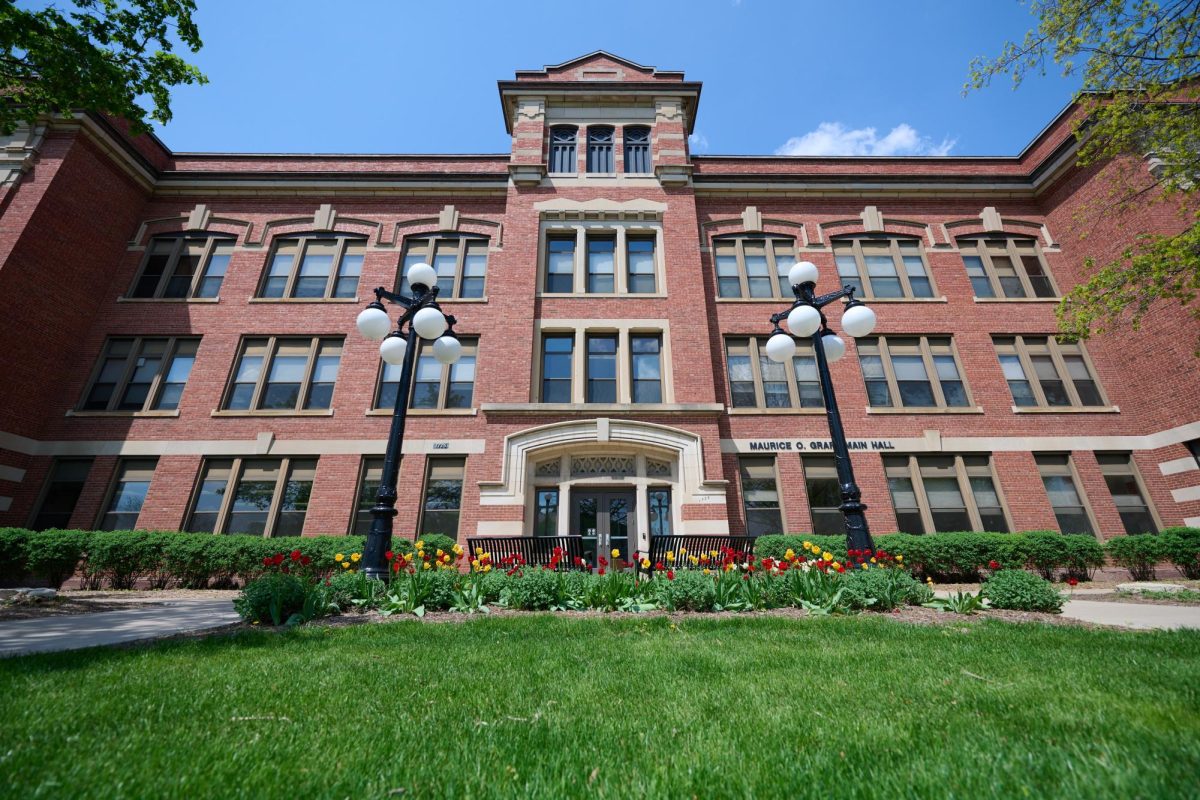
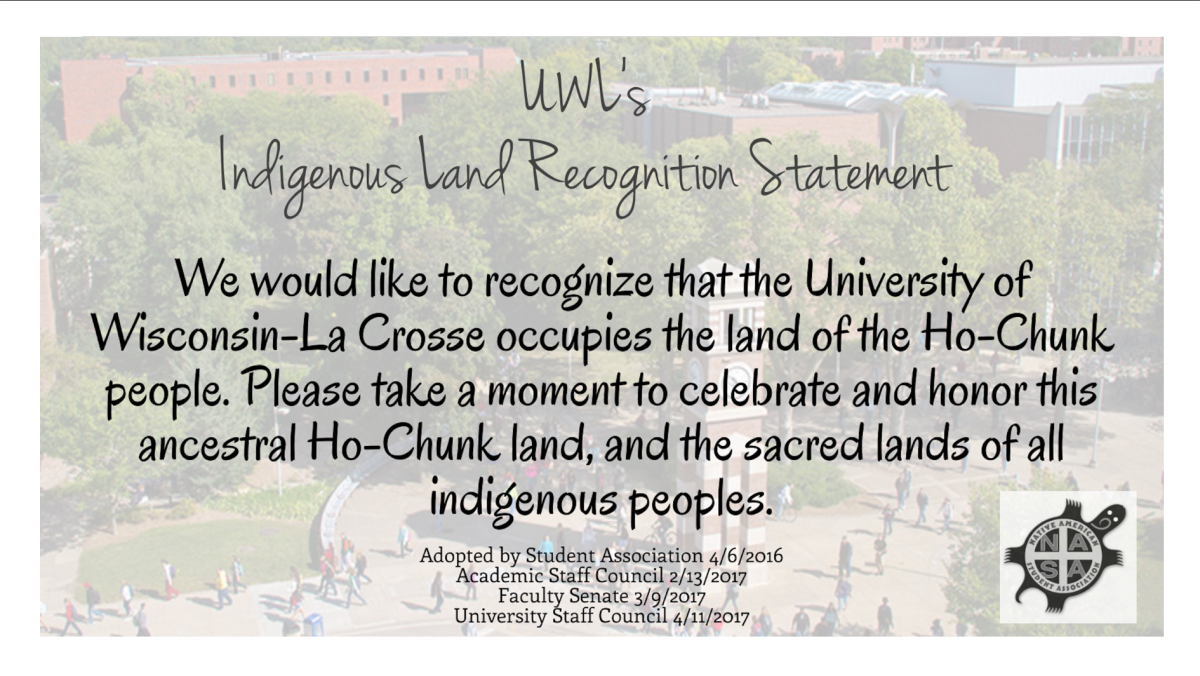



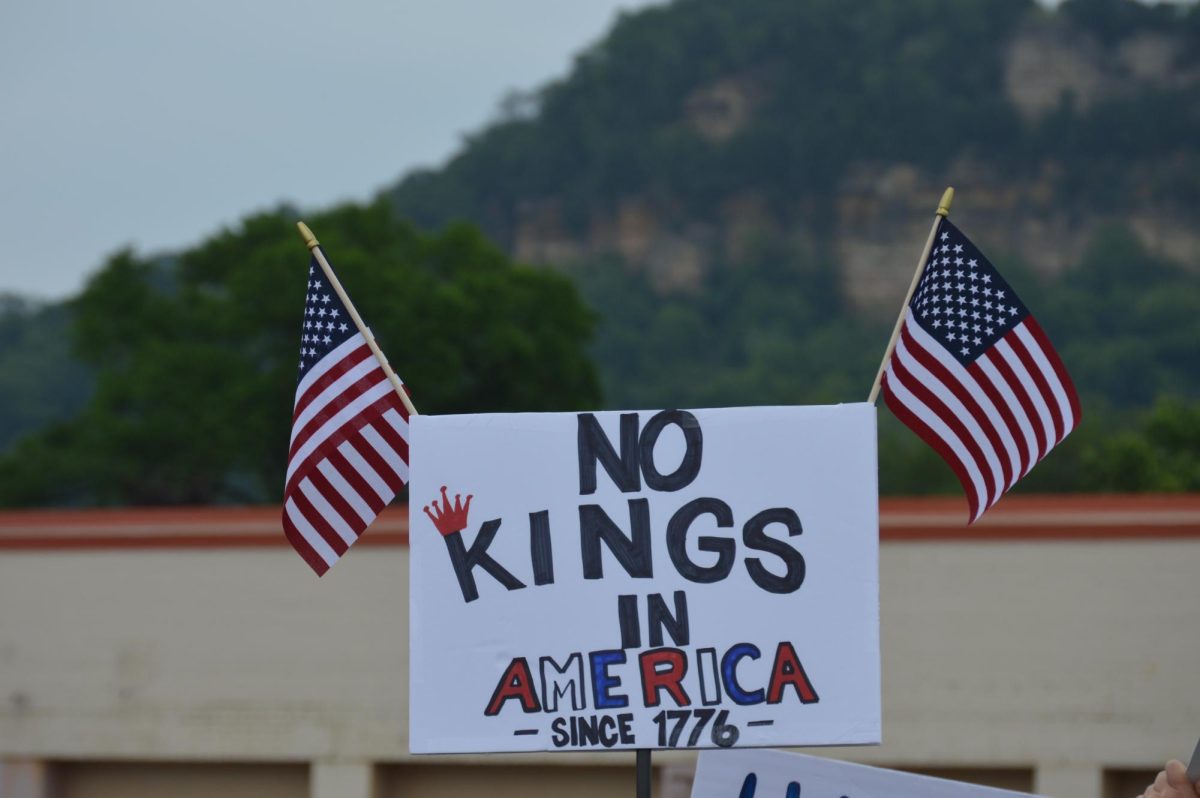


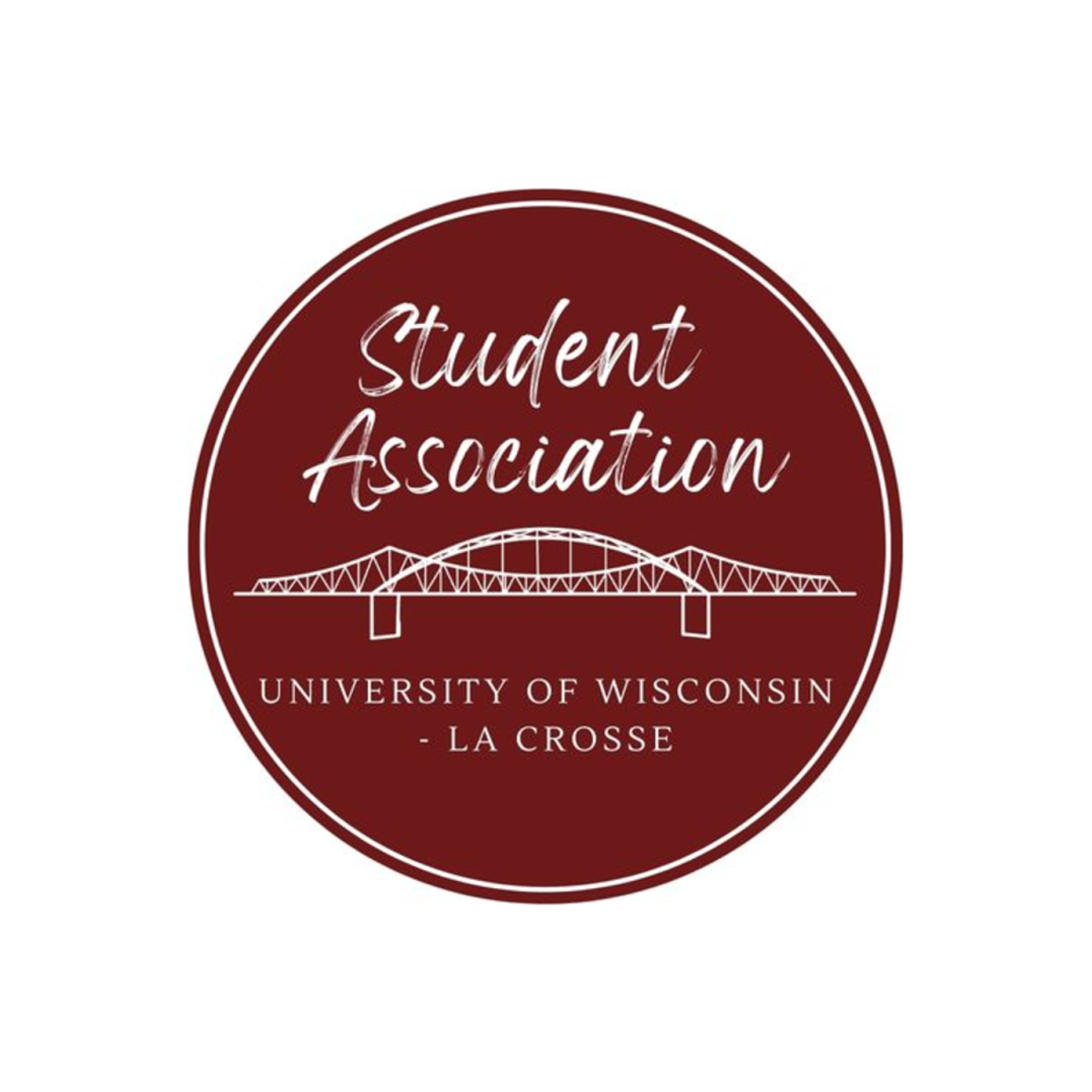


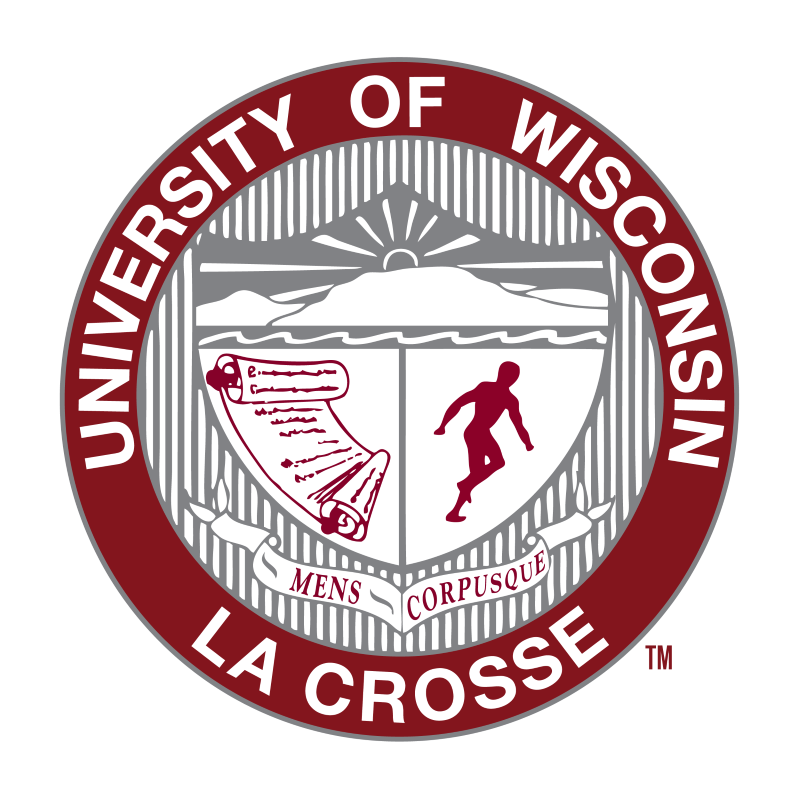

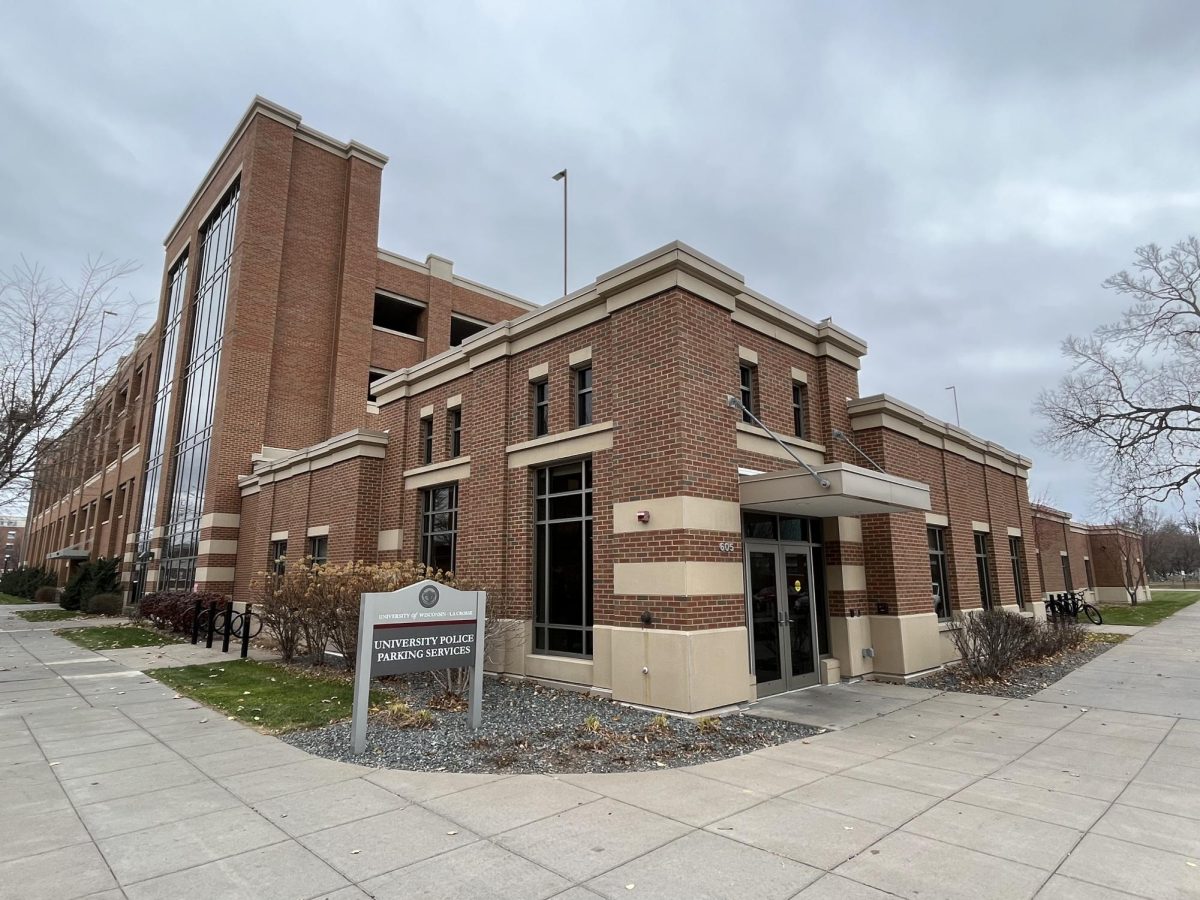
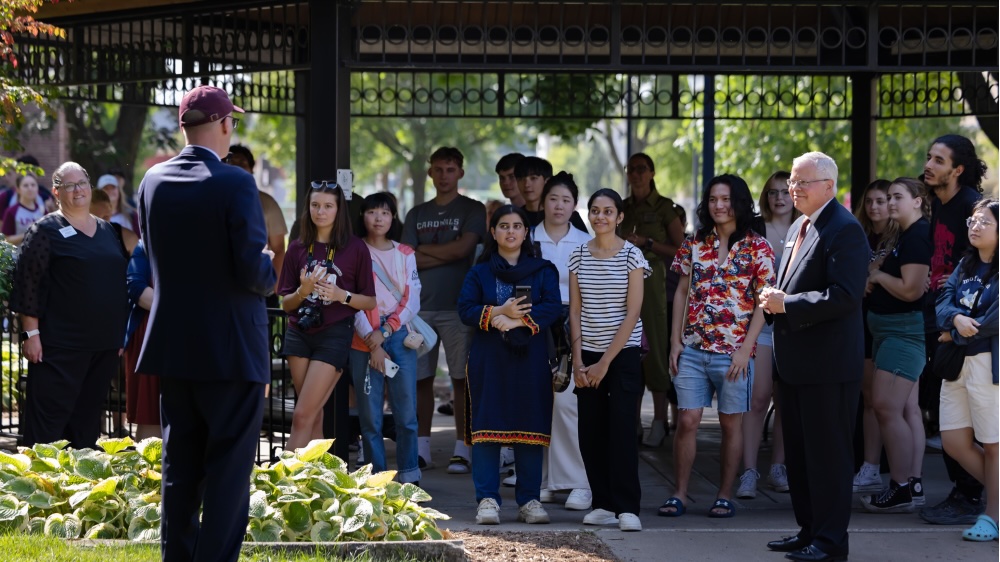

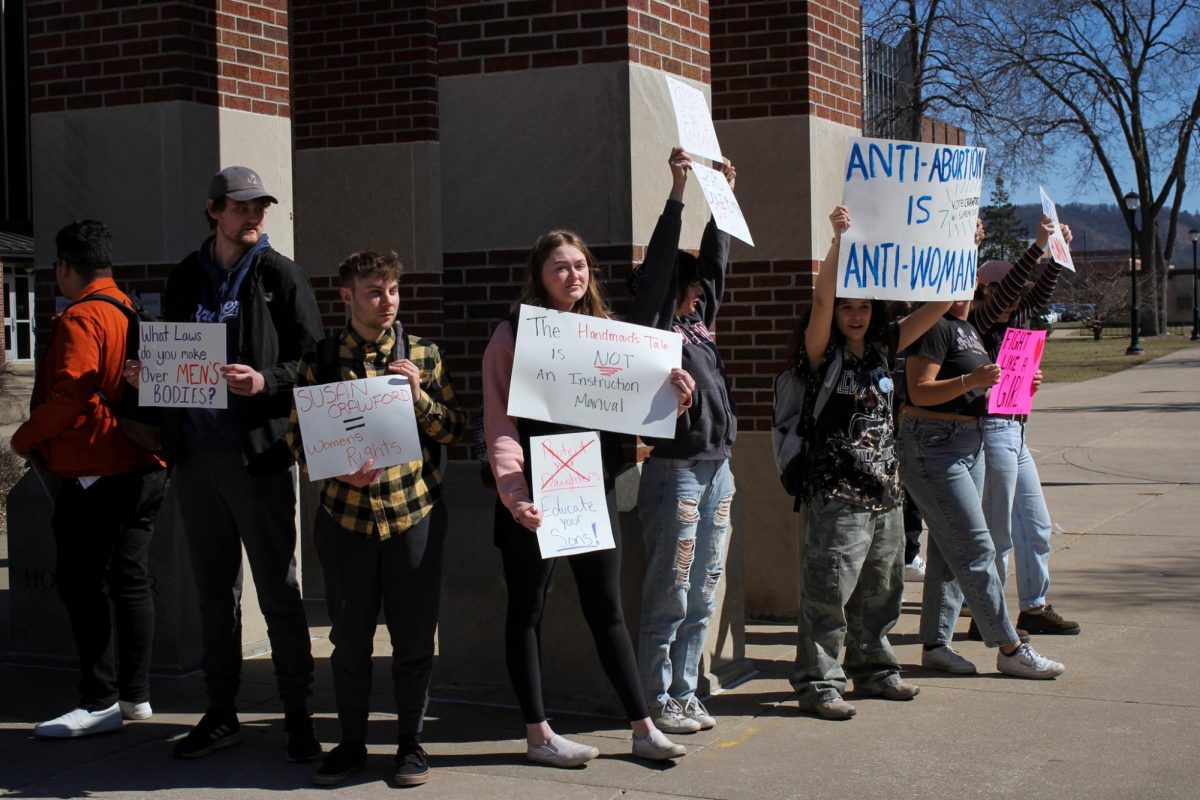
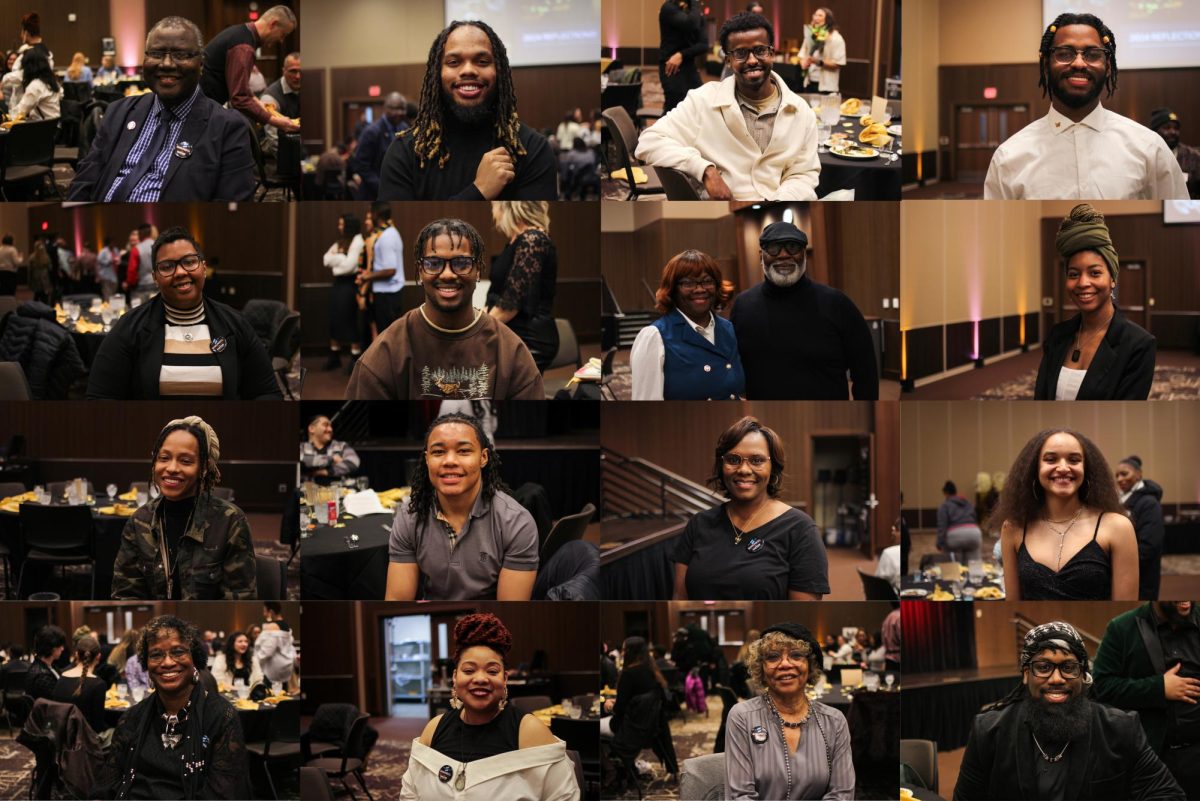

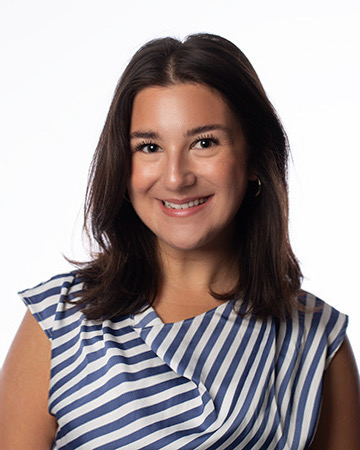
Lisa W • Apr 4, 2025 at 8:38 pm
We need more people like Nikki standing up and fighting for back!